Sen. Grassley says the estate tax unfairly favors people who waste money on 'booze or women or movies'
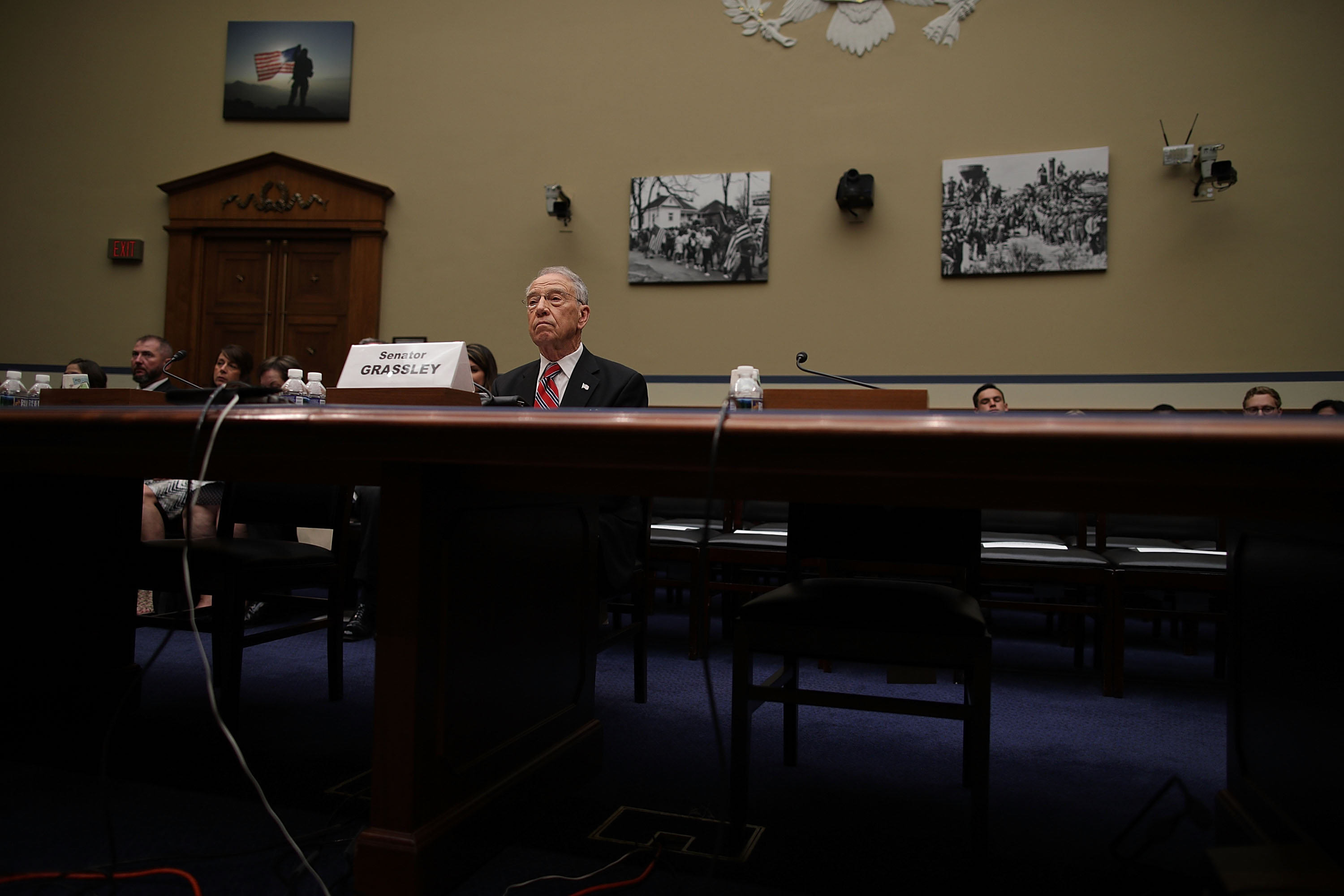

The Senate and House versions of the Republican tax overhaul legislation both contain provisions that would double the exemption for the estate tax — to $11 million for the estates of individuals and $22 million for couples — and the House version ends the estate tax entirely after 2024. Iowa's GOP congressional delegation is thrilled with the provision, the Des Moines Register reports, with a typical response being Rep. Steve King's contention that the estate tax "often falls hardest on family-owned farms and small businesses."
That isn't true, the Register notes, citing IRS and Agriculture Department data showing that only a few dozen of the 5,000 Americans who pay the estate tax each year are family farmers or small-business owners, and almost none of them live in Iowa. Sen. Charles Grassley (R-Iowa), a member of the Senate Finance Committee, told the Register that regardless of the numbers for farmers, the estate tax is unfair philosophically, targeting savers instead of spenders. "I think not having the estate tax recognizes the people that are investing, as opposed to those that are just spending every darn penny they have, whether it's on booze or women or movies," he said.
The Senate version of the estate tax changes would cost the U.S. Treasury $83 billion over 10 years, according to the Joint Committee on Taxation, while the House version would cost $150.7 billion — which is a lot of booze, women, and movie tickets.
The Week
Escape your echo chamber. Get the facts behind the news, plus analysis from multiple perspectives.

Sign up for The Week's Free Newsletters
From our morning news briefing to a weekly Good News Newsletter, get the best of The Week delivered directly to your inbox.
From our morning news briefing to a weekly Good News Newsletter, get the best of The Week delivered directly to your inbox.
A free daily email with the biggest news stories of the day – and the best features from TheWeek.com
Peter has worked as a news and culture writer and editor at The Week since the site's launch in 2008. He covers politics, world affairs, religion and cultural currents. His journalism career began as a copy editor at a financial newswire and has included editorial positions at The New York Times Magazine, Facts on File, and Oregon State University.
-
 ‘City leaders must recognize its residents as part of its lifeblood’
‘City leaders must recognize its residents as part of its lifeblood’Instant Opinion Opinion, comment and editorials of the day
-
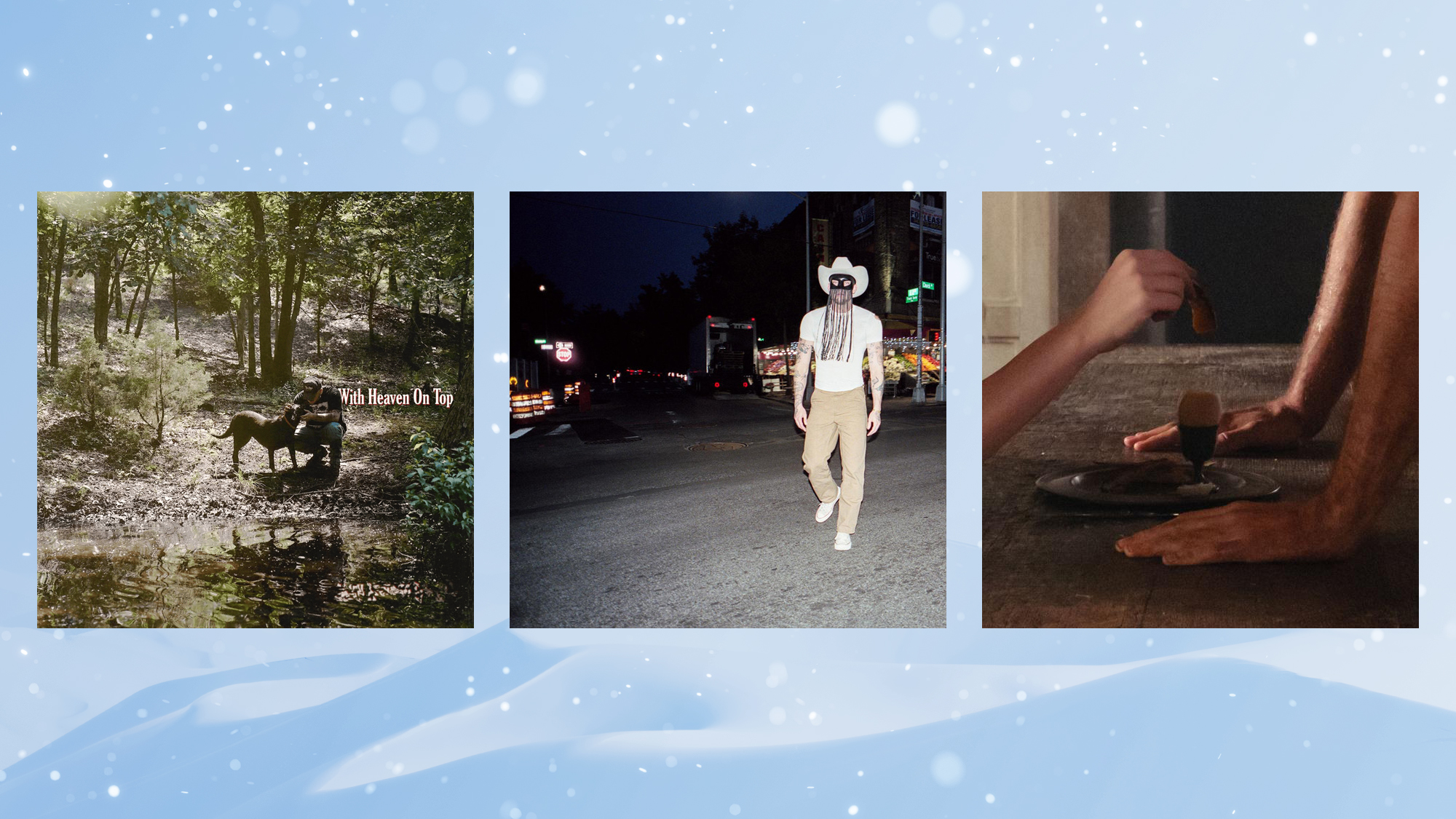 10 upcoming albums to stream during the winter chill
10 upcoming albums to stream during the winter chillThe Week Recommends As the calendar turns to 2026, check out some new music from your favorite artists
-
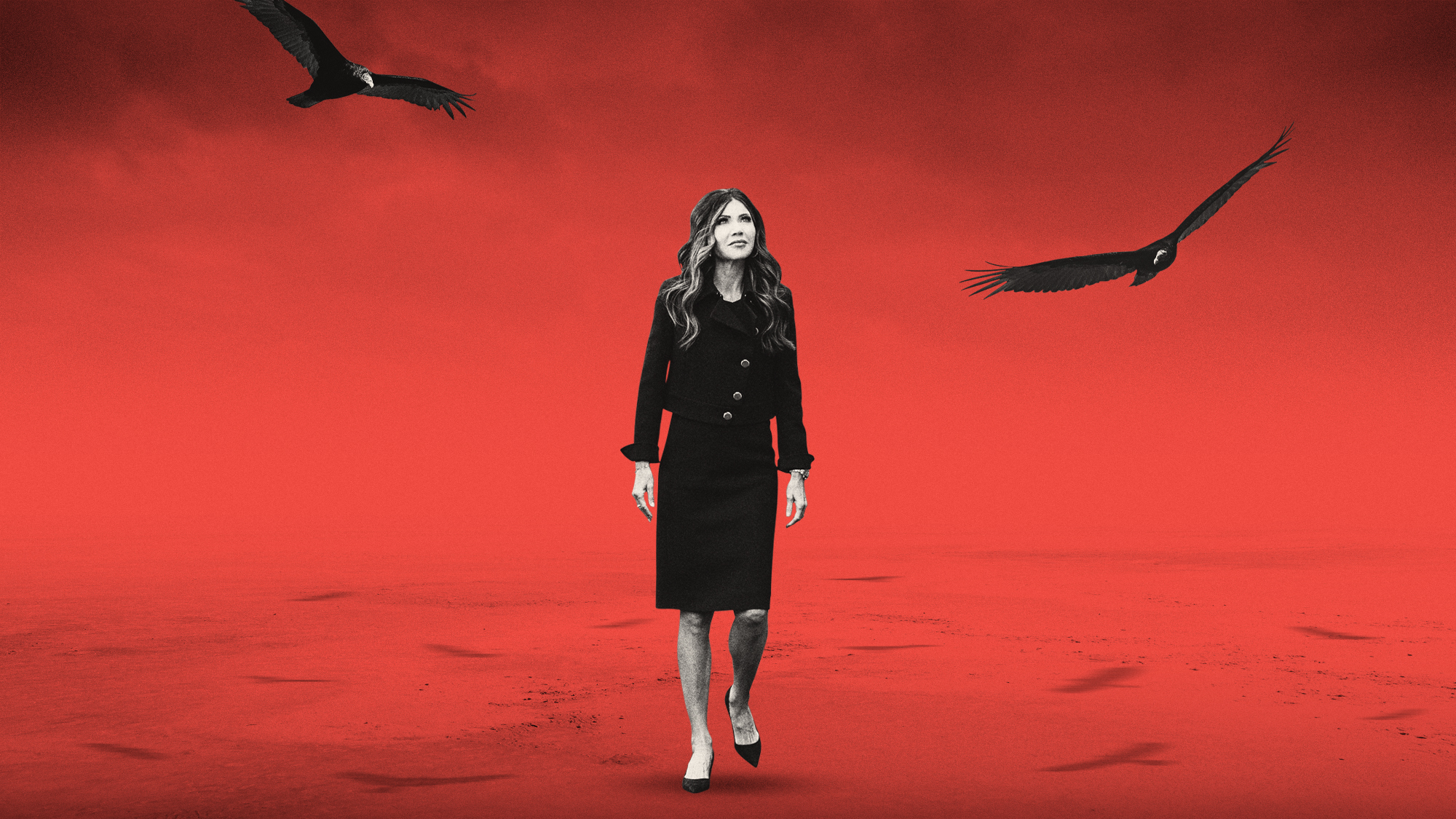 Kristi Noem might not be long for Trumpland
Kristi Noem might not be long for TrumplandIN THE SPOTLIGHT The Homeland Security secretary has been one of the most visible and vocal architects of Trump’s anti-immigration efforts, even as her own star risks fading
-
 Hungary’s Krasznahorkai wins Nobel for literature
Hungary’s Krasznahorkai wins Nobel for literatureSpeed Read László Krasznahorkai is the author of acclaimed novels like ‘The Melancholy of Resistance’ and ‘Satantango’
-
 Primatologist Jane Goodall dies at 91
Primatologist Jane Goodall dies at 91Speed Read She rose to fame following her groundbreaking field research with chimpanzees
-
 Florida erases rainbow crosswalk at Pulse nightclub
Florida erases rainbow crosswalk at Pulse nightclubSpeed Read The colorful crosswalk was outside the former LGBTQ nightclub where 49 people were killed in a 2016 shooting
-
 Trump says Smithsonian too focused on slavery's ills
Trump says Smithsonian too focused on slavery's illsSpeed Read The president would prefer the museum to highlight 'success,' 'brightness' and 'the future'
-
 Trump to host Kennedy Honors for Kiss, Stallone
Trump to host Kennedy Honors for Kiss, StalloneSpeed Read Actor Sylvester Stallone and the glam-rock band Kiss were among those named as this year's inductees
-
 White House seeks to bend Smithsonian to Trump's view
White House seeks to bend Smithsonian to Trump's viewSpeed Read The Smithsonian Institution's 21 museums are under review to ensure their content aligns with the president's interpretation of American history
-
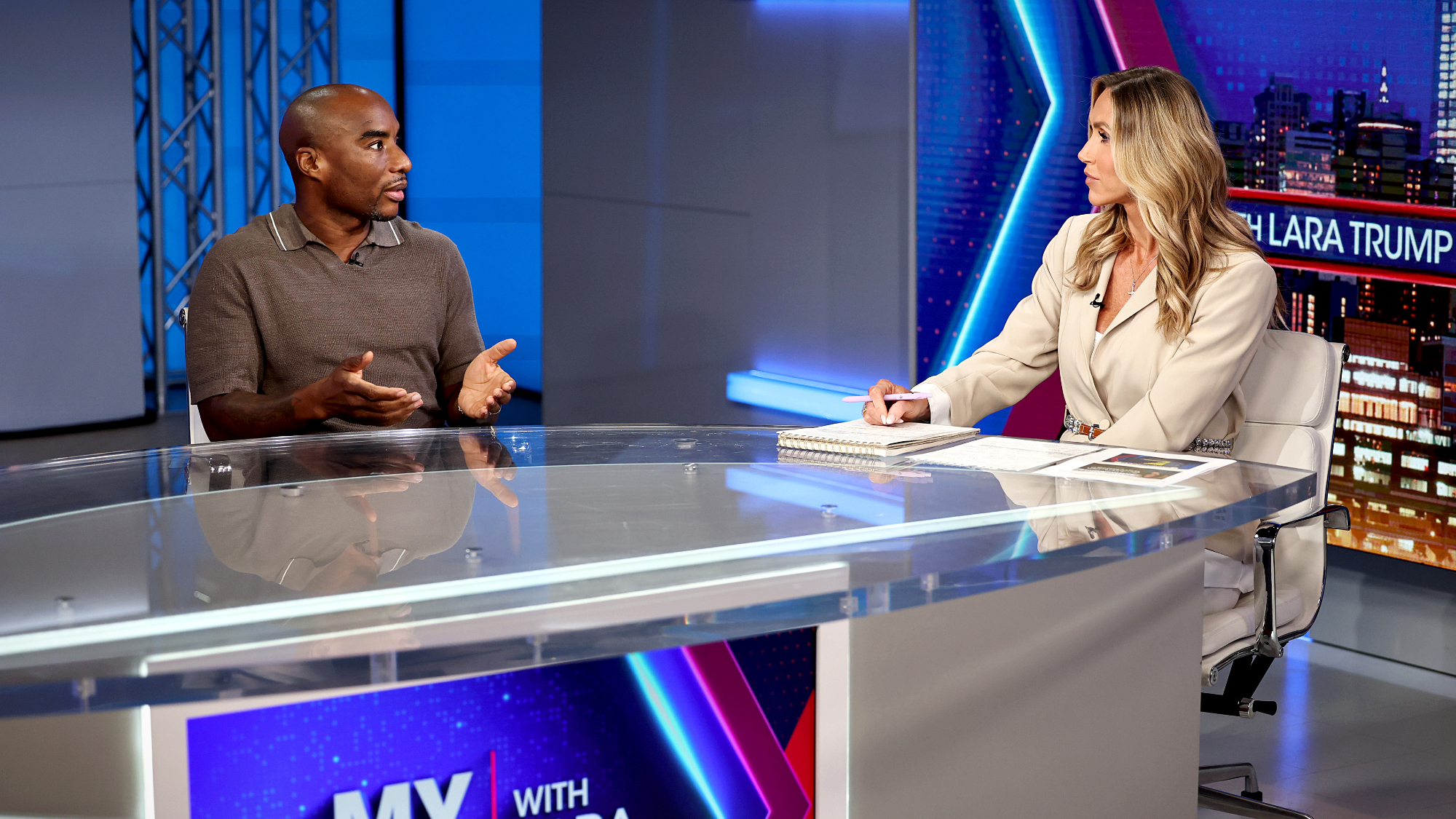 Charlamagne Tha God irks Trump with Epstein talk
Charlamagne Tha God irks Trump with Epstein talkSpeed Read The radio host said the Jeffrey Epstein scandal could help 'traditional conservatives' take back the Republican Party
-
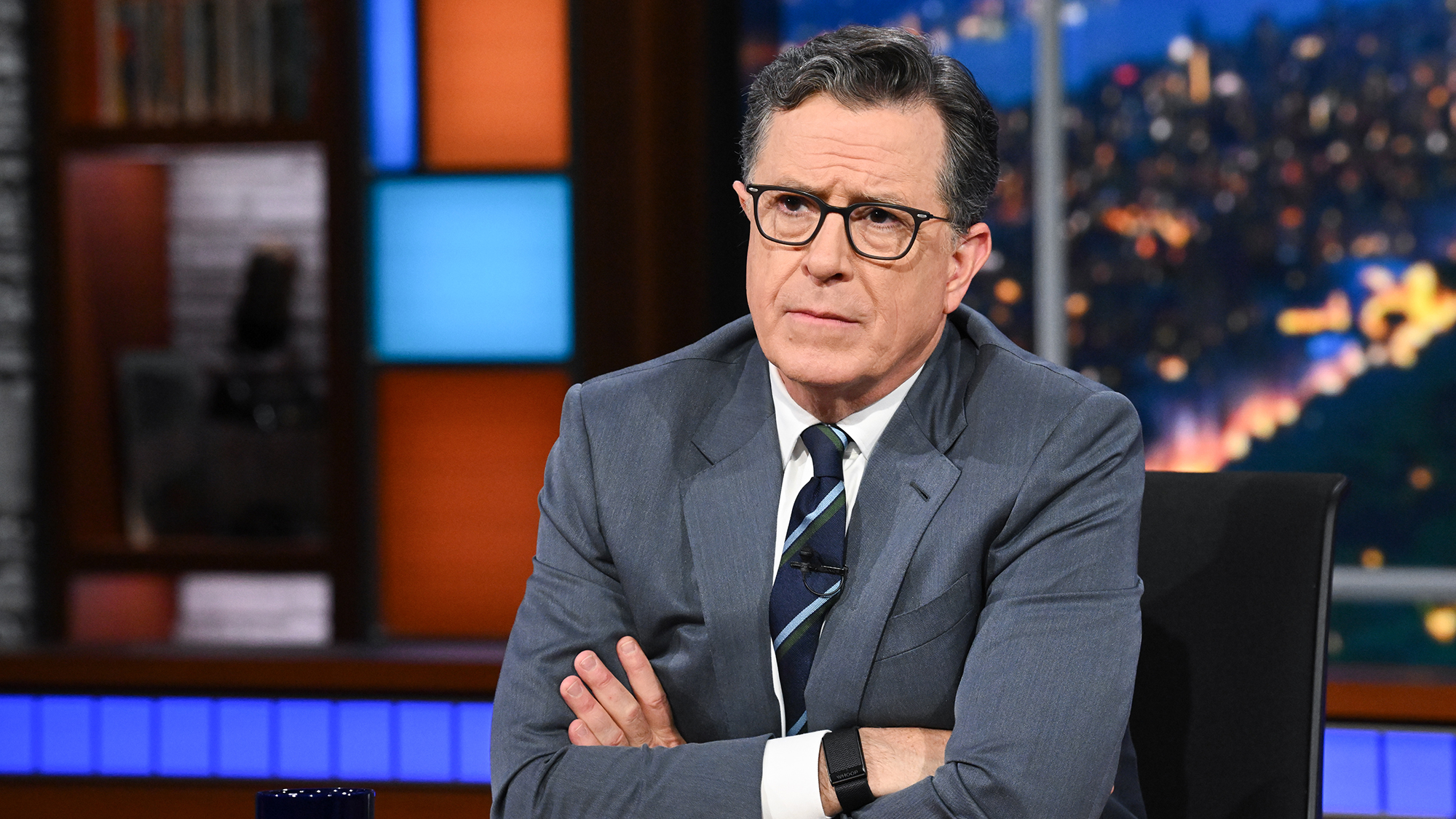 CBS cancels Colbert's 'Late Show'
CBS cancels Colbert's 'Late Show'Speed Read 'The Late Show with Stephen Colbert' is ending next year
